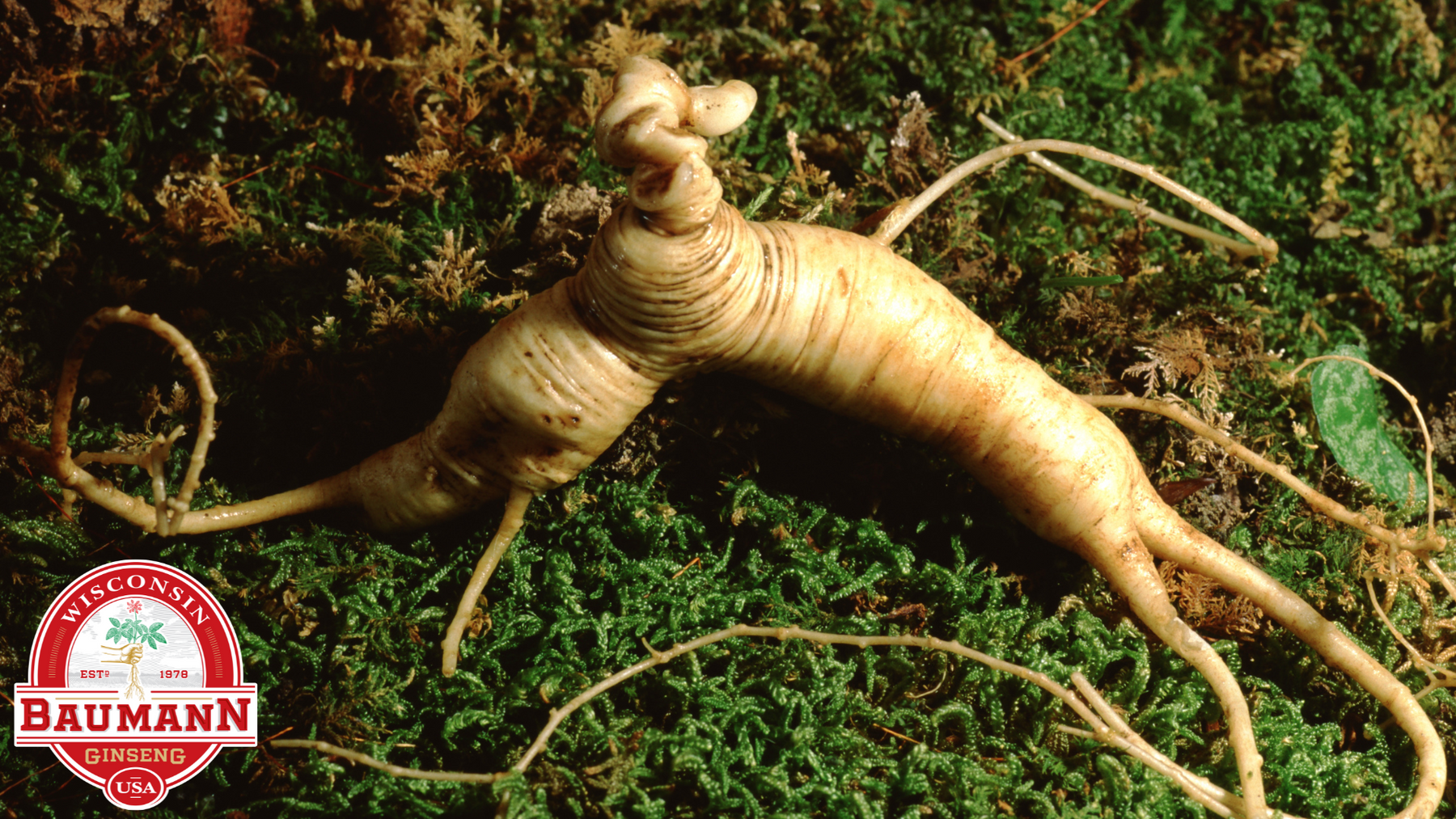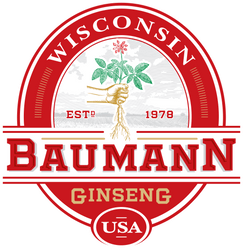
"Unlocking the Power of Ginseng: Health Benefits, Uses, and Scientific Insights"
The Many Uses of Ginseng: A Guide to Its Health Benefits and Applications
Ginseng is one of the world’s most popular herbal remedies, celebrated for its wide range of health benefits and centuries-long history of use in traditional medicine. Often referred to as an adaptogen, ginseng helps the body manage stress while promoting overall well-being. Whether consumed as tea, powder, capsules, or raw root, this versatile herb continues to be a favorite for improving physical, mental, and emotional health.
Here’s an in-depth look at the many uses of ginseng, supported by scientific studies and historical applications.
1. Boosting Energy Levels
Ginseng is widely used to combat fatigue and increase energy levels naturally. Its active compounds, ginsenosides, have been shown to improve energy production in the cells, providing a steady and sustained boost. Unlike caffeine, ginseng doesn’t lead to jittery side effects or a crash.
Scientific Support:
A study published in the National Institutes of Health (NIH) found that ginseng supplementation improved energy levels and reduced fatigue in individuals with chronic conditions, including cancer-related fatigue.
(Source: National Center for Complementary and Integrative Health)
2. Enhancing Cognitive Function
Ginseng is often praised for its ability to support brain health and improve mental clarity. Studies suggest that it can enhance memory, focus, and overall cognitive function by increasing blood circulation and reducing oxidative stress in the brain.
Scientific Support:
A 2016 study in the journal Nutrients reported that ginseng improved cognitive performance in healthy adults and older individuals with mild cognitive impairment.
(Source: Nutrients Journal)
3. Supporting Immune Health
Ginseng is rich in antioxidants and adaptogens, which help bolster the immune system. It strengthens the body’s defenses by increasing the activity of immune cells, making it particularly useful during cold and flu seasons.
Traditional Use:
In traditional Chinese medicine, ginseng has been used for centuries to prevent illness and strengthen the body during periods of recovery.
Scientific Support:
Research published in the American Journal of Chinese Medicine found that American ginseng significantly reduced the risk and duration of respiratory infections.
(Source: American Journal of Chinese Medicine)
4. Managing Stress and Anxiety
As an adaptogen, ginseng helps the body adapt to stress by balancing cortisol levels and reducing the physiological impact of stressors. This makes it a valuable tool for maintaining emotional well-being and physical health in today’s fast-paced world.
Scientific Support:
A 2018 study in Frontiers in Pharmacology highlighted ginseng’s ability to regulate stress responses and improve overall mood in individuals facing high levels of stress.
(Source: Frontiers in Pharmacology)
5. Supporting Cardiovascular Health
Ginseng has been linked to improved heart health through its ability to lower blood pressure, improve circulation, and reduce cholesterol levels. It is believed to support the endothelium, the inner lining of blood vessels, leading to better vascular health.
Scientific Support:
A study in Phytotherapy Research found that ginseng significantly improved blood flow and reduced oxidative stress in individuals with cardiovascular risk factors.
(Source: Phytotherapy Research)
6. Promoting Skin Health
The antioxidants in ginseng make it a powerful ally for maintaining healthy, glowing skin. It helps reduce inflammation, protect against free radicals, and even improve skin elasticity. Ginseng is a common ingredient in skincare products designed to fight aging.
Traditional Use:
Korean beauty brands frequently incorporate ginseng into anti-aging and moisturizing skincare products for its rejuvenating properties.
Scientific Support:
A study published in The Journal of Medicinal Food found that ginseng extract enhanced skin hydration and reduced wrinkles in participants.
(Source: Journal of Medicinal Food)
7. Managing Blood Sugar Levels
Ginseng is often used as a complementary treatment for managing diabetes. It helps regulate blood sugar by improving insulin sensitivity and slowing carbohydrate absorption.
Scientific Support:
Research published in Diabetes Care concluded that both Asian and American ginseng significantly reduced fasting blood sugar levels in people with type 2 diabetes.
(Source: Diabetes Care)
8. Supporting Athletic Performance
For athletes and active individuals, ginseng offers natural support for endurance and recovery. It increases oxygen uptake, enhances stamina, and reduces exercise-induced oxidative stress.
Scientific Support:
A study in The International Journal of Preventive Medicine demonstrated that ginseng improved physical performance and reduced fatigue in athletes.
(Source: International Journal of Preventive Medicine)
9. Improving Sexual Health
Ginseng has been traditionally used to support sexual health and fertility. It is believed to enhance libido, improve erectile function, and promote hormonal balance.
Scientific Support:
A 2018 meta-analysis published in The Journal of Ginseng Research found that ginseng significantly improved erectile function in men with mild to moderate issues.
(Source: Journal of Ginseng Research)
Conclusion: A Timeless Remedy for Modern Health
Ginseng is a versatile herb with applications that span energy enhancement, cognitive support, immune health, and more. Whether used in traditional medicine or backed by modern research, its benefits continue to make it a sought-after remedy for various health concerns.
Experience the Difference:
At Dairyland Ginseng, we offer premium Wisconsin-grown ginseng products cultivated for quality and potency. Discover how ginseng can enhance your wellness journey with our wide range of roots, capsules, powders, and teas.
Sources:
- National Center for Complementary and Integrative Health (https://www.nccih.nih.gov)
- Nutrients Journal (https://www.mdpi.com/journal/nutrients)
- American Journal of Chinese Medicine (https://www.worldscientific.com/loi/ajcm)
- Frontiers in Pharmacology (https://www.frontiersin.org)
- Phytotherapy Research (https://onlinelibrary.wiley.com/journal/10991573)
- Journal of Medicinal Food (https://www.liebertpub.com/journal/jmf)
- Diabetes Care (https://care.diabetesjournals.org)
- International Journal of Preventive Medicine (http://www.ijpm.ir)
- Journal of Ginseng Research (https://www.ginsengres.org)
By incorporating ginseng into your life, you’re embracing a tradition that has stood the test of time while enjoying the support of modern science.
Disclaimer:
This blog post is for informational purposes only and should not be considered medical advice. Always consult a healthcare professional before starting any new supplement, especially if you have pre-existing health conditions or are taking medications. Results may vary depending on individual circumstances.
